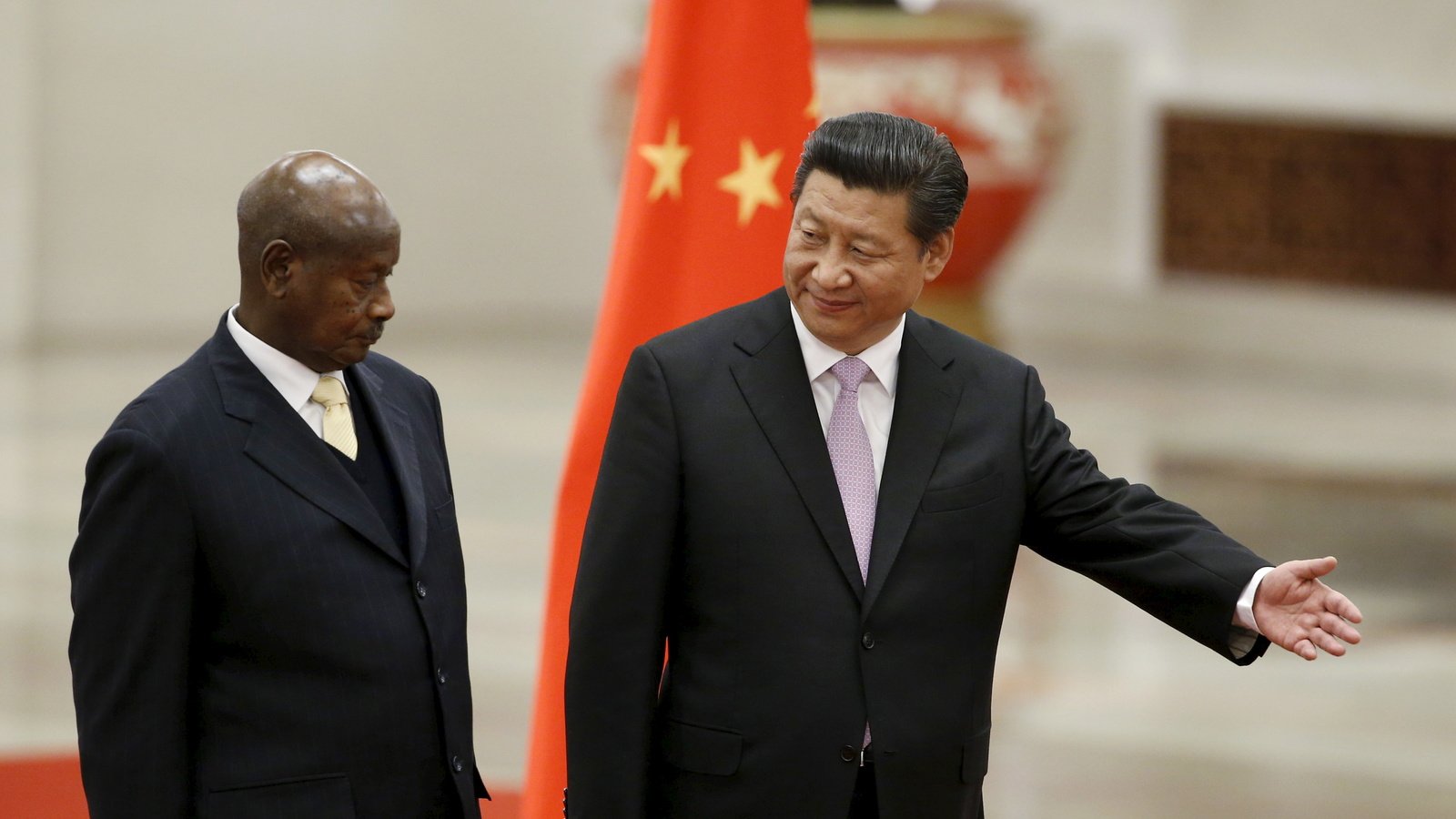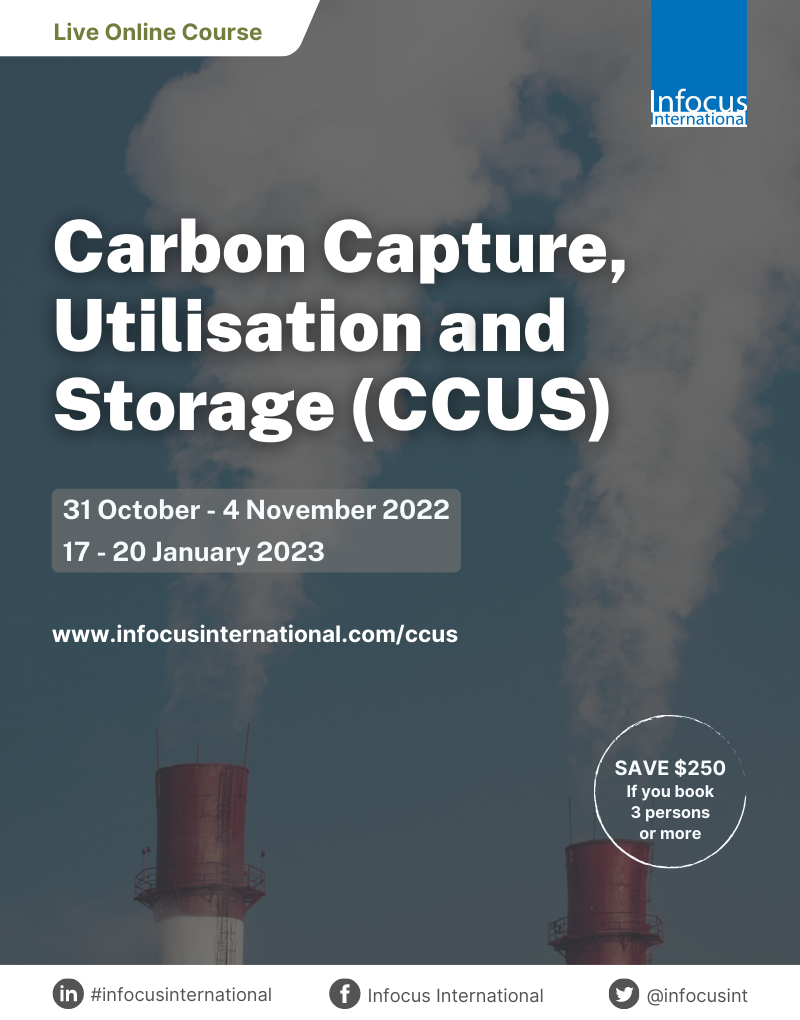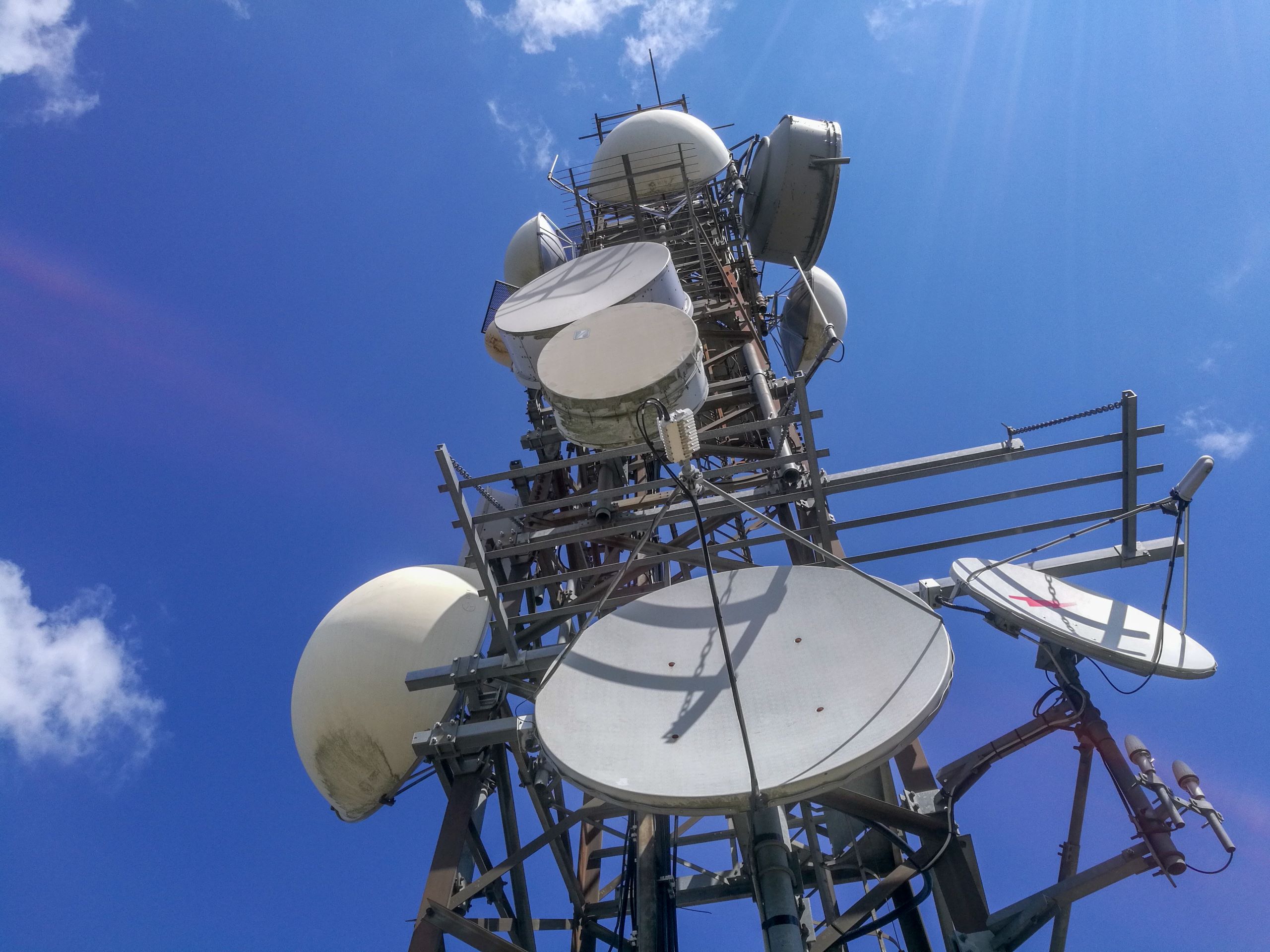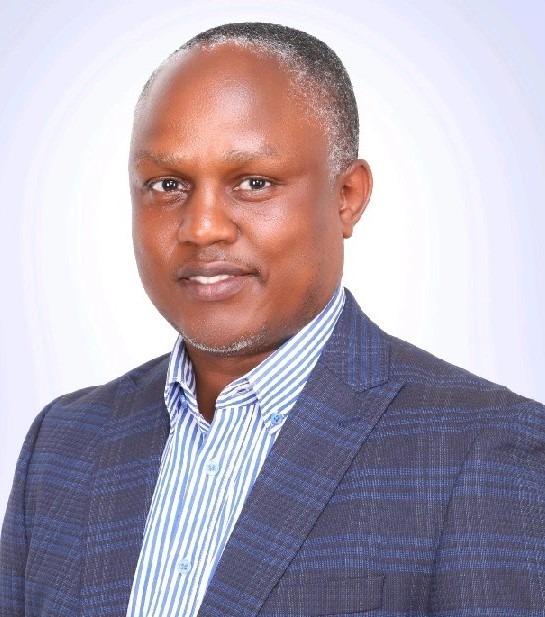Is China the vampire and dragon – out to suck African natural resources to feed itself – as the West portrays them? Or is China the sisterly, fellow developing country that is altruistically sharing its resources, expertise and technical capacity to support African countries to get out of the dungeons of poverty, as China wants us to believe? In this inquiry, Our Analysts, argue that, that is really the question that has now come home to roost in Uganda – in the Entebbe International Airport alleged take over story.
Since The Daily Monitor Newspaper published the story of the potential takeover of the Airport by China, there has been a lot of din – both at home and abroad. The alleged take-over by the Chinese, of the country’s only international airport, was the most reported and commented story on Uganda since December last year. The Government of Uganda borrowed US$200 million for expansion and upgrade of the airport.
The Governments of Uganda and China have come out to vehemently deny that the latter was on the verge of confiscating the former’s only international air gateway because the former is struggling to meet its loan obligations. But sources that the The Infrastructure Magazine has spoken to, say that what has now come to be referred to as “toxic clauses” that prescribe a take-over in the event of defaulting its payments, actually do exist on the agreement that Uganda signed with China Exim Bank.
A recent prob by the Parliamentary Committee on State Agencies and State Enterprises established that the other toxic concession by Uganda was creation of an escrow account where all revenues by the UCAA are deposited. And that UCAA is only able to access money on the account, after the lender (China Exim bank) has removed its due tranche.
China has already indicated its reluctance to renegotiate (and that Uganda’s Attorney General Kiryowa Kiwanuka has advised Government against seeking to renegotiate) such clauses. We understand that such clauses exist in most of China’s infrastructure agreements with countries they consider “risky” borrowers.
They say that the purpose of those clauses is not so much to lead to confiscation of the infrastructure, but as painful spots that the Chinese use to cause re-engagements with risky borrowers when they default, by threatening embarrassment, thereby getting them to reschedule payments. They are not meant for effecting take overs in the first instance.
So where does the Entebbe take over story – and others before it – like Mombasa Port in Kenya, Hambantota Port in Sri Lanka, Djibouti Port, etc come from? Internationally, it is from a familiar geo-politics narrative. At home, it is also from a familiar domestic political narrative.
At home, the debate has pitted two camps against each other. On the one hand, a section – led by mainly opposition politicians – who believe they continue to sound the alarm bell arguing that the Government has mortgaged (or even out rightly sold) national assets to China. On the other hand, the anti-sensational line – from the Government- argues that The Daily Monitor story – and all propagating its line – are ignorant and are only good for their sensationalist – and opposition politics- value.
Abroad, this has been one of the most repeated stories by media about Uganda in recent days. From India to the east, to the United States to the west, and anywhere in between, the media has picked spectacular interest in this story. Indian media, for example, have jumped at the story – with glee- to make their own domestic point – how China’s aid is a trap. Publications like The Economic Times, Wionews, The Print, Crux, among others run the story with that de javu tone, “We told you,” “not all that glitters is gold.” In between even Turkish media took time off to throw a burb or two at Chinese aid. Other Asian publications and media did the same- Radio Free Asia, Eurasia Times, among others.
In the US, key media like Bloomberg, Quartz, The New York Times, have been at it making the same point that the American administration, media and think tanks have been propagating – that China ‘s objective is to trap Africa in debt – and take over its natural resources. This narrative is way too common in the American establishment – both Liberal and Republican. Key publications and think tanks have propagated the narrative of China ensnaring Africa with debt in order to capture and take her natural resources.
The same narrative is also predominant in Europe. Key European media and think tanks are pushing the same narrative: France24, Chr. Michelsen Institute of Norway, Germany’s DW, The BBC, among others have reported on China’s “Debt trap” diplomacy in Africa.
On their part, China and pro-China narratives say that the Asian economic giant is simply misunderstood at best, and blackmailed at worst. They argue that China means well in supporting Africa to develop infrastructure for take-off, a job that the West failed to do in over 100 years they colonised Africa. And that China is leading in infrastructure development on the continent that boasts a huge infrastructure deficit. They say the narrative of confiscation of infrastructure is a myth, a hoax, spread by the West to defame China’s good intentions.
Prof. Deborah Brautigam, a political economist at John Hopkins University School of International Affairs and a known China apologist, in an article “The Chinese Debt Trap is a Myth,” published in The Atlantic Magazine early this year, argued that the “debt trap” narrative is misleading in genuinely understanding Sino– Africa relations. She said the “debt trap” is a myth, a hoax.
In the article co-authored with Meg Rithmire , Brautigam writes, “Our research shows that Chinese banks are willing to restructure the terms of existing loans and have never actually seized an asset from any country, much less the port of Hambantota. A Chinese company’s acquisition of a majority stake in the port was a cautionary tale, but it’s not the one we’ve often heard. With a new administration in Washington, the truth about the widely, perhaps willfully, misunderstood case of Hambantota Port is long overdue.”
The author of The Dragon’s Gift: The Real Story of China in Africa, the 2010 seminal pro- China work by any American academic anywhere, Prof. Brautigam tries to debunk the thinking that China is a rogue donor, and demonstrates that to the contrary Africa is happy with China’s aid.
Pro-China narratives even argue that in fact China is actually well appreciated in Africa. And Africa doesn’t feel cheated by China (and that the West sounds suspicious by seemingly crying more than the bereaved).
However, the confiscation story is not without a valid basis. Our sources say that China has over the years been getting smart on how to recover her money from those that she lends to. That one of the ways that China does this is adding clauses that suggest a talk over of infrastructure if a concerned government fails to pay up. In the case of the Sri Lankan port of Hambantota, after defaulting on payments, and failing to pay, China –using its proxy institutions put the port under “administration” for a period of 99 years, under the Chinese. The Chinese “administrator” will operate the port, and recover its money. In its contracts, China allows arbitration in such cases only in Beijing.
Others say that the two pieces of infrastructure that China are thought to have taken over – Sri Lanka and Mombasa – are not like Entebbe; they are coastal and directly link to the Silk Road; and therefore China has strategic interests and desires control over them. That it is unlikely that China would have such interest in an inland airport like Entebbe. Thirdly, that the Sri Lanan port was handed over to an “administrator” not the Government of China – to manage; get the money, pay the lender, then hand the infrastructure back to the new owner.
Dan Wandera Ogalo, a former Ugandan MP and opposition lawyer reasoned on Twitter that the Government of Uganda should publicize the agreement with the Exim Bank of China on the Entebbe airport loan, to deflate the rising tensions about “loss” of the Entebbe Airport to the Chinese. But Ofwono Opondo, the Government spokesman, who has just done a three month sabbatical in China, shot down the proposal arguing that it is not in the interest of security of the country to expose such high profile agreements in public, challenging Wandera Ogalo to expose his own agreements with high profile clients.
That is the context within which the Entebbe Airport story needs to be read. When the hubbub about the airport finally mellows down, Entebbe Airport will remain; Uganda will pay the debt- whenever it happens, but the China debt-trap and China altruism narratives will not go away.












